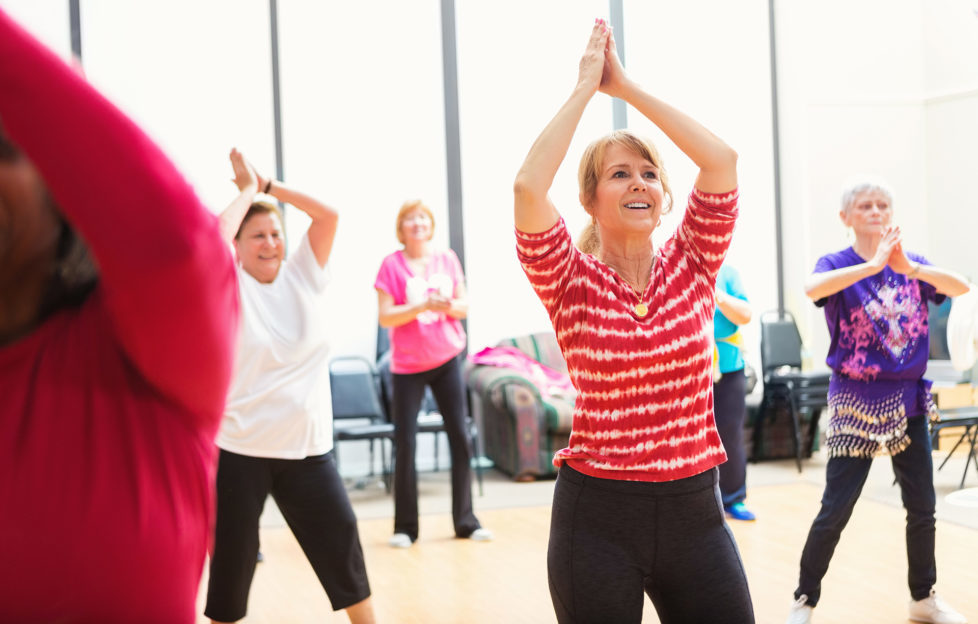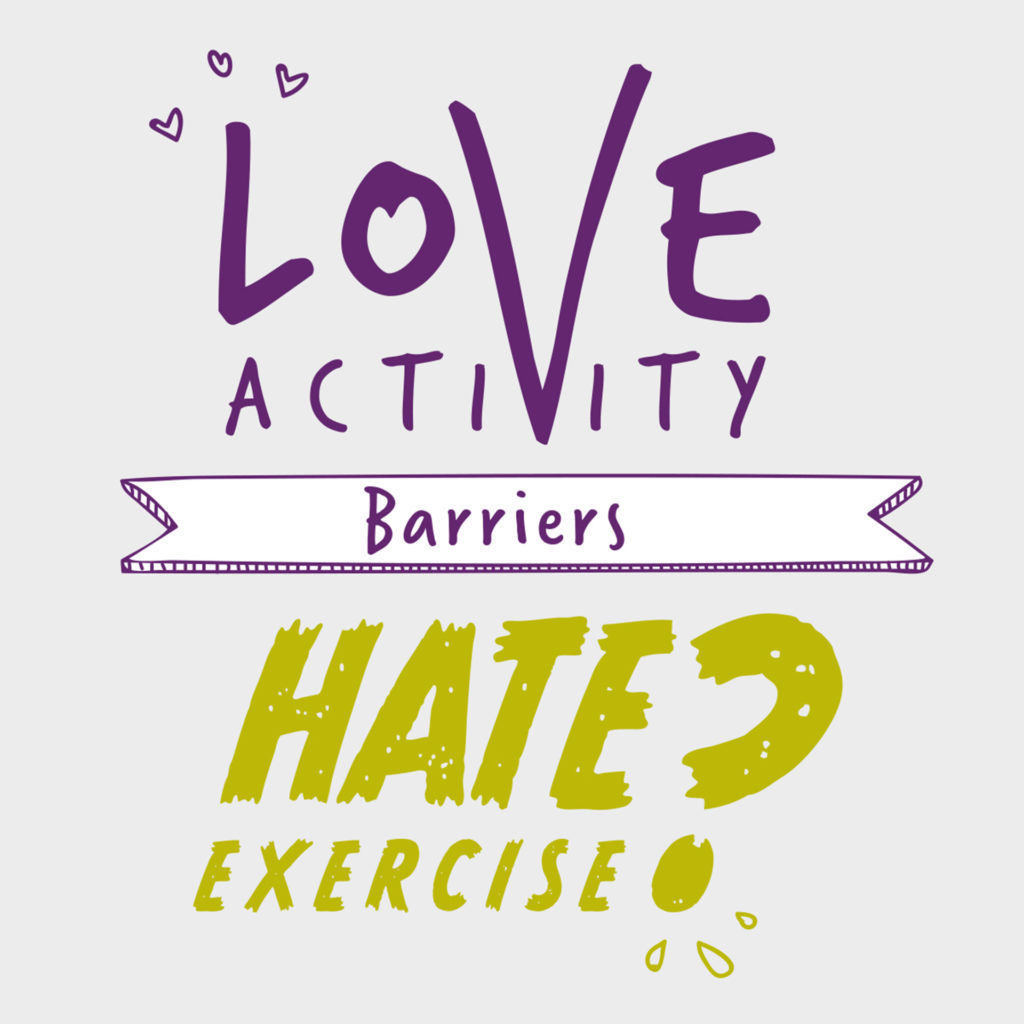Love Activity But Hate Exercise?

Being active can have enormous benefits for your physical and mental health but that doesn’t mean we can always find the time and motivation to fit it into our busy lives.
Many people have injuries or conditions that can stop them from doing as much as they would like. For example in a recent poll, the Chartered Society of Physiotherapy found that almost a third (31%) of people aged 40-70 with long-term conditions such as arthritis, asthma and heart disease reported being totally inactive each week.
This isn’t surprising given the symptoms such as fatigue, pain and reduced mobility that often come with these conditions.
However, incorporating regular exercise into your day can actually help improve energy levels and keep body aches and low moods at bay.
Arthritis
More than 10 million adults in the UK visit their GP about arthritis or an arthritis related condition and more than a third of the UK population aged 50 and above suffers from arthritis related pain. Exercising can feel especially hard if you’re experiencing pain and stiffness, but strengthening, cardiovascular and mobility exercises have all been shown to be helpful in managing symptoms.
- It might be helpful to start your exercise in the pool where the decreased weight bearing will be more comfortable. Squats and lunges in waist-deep water will allow your body to get used to the movements in a supported way. If swimming is uncomfortable, then lying on your back in the water (with a float if necessary) and kicking your legs is great for cardiovascular fitness and leg strength. Start small and build up gradually.
- Some pain or even a slight increase in pain is OK during and after the exercise but it should settle back to pre-exercise levels in 24 hours, not be too severe, or coincide with protracted swelling, heat or redness of joints.
Heart disease
Around 7 million people in the UK are living with cardiovascular disease. Physical activity can help protect your heart and help to reduce your risk of having further heart problems and if you have been diagnosed with another type of heart condition, regular exercise can benefit your overall heart health.
- Pick an activity that you enjoy and one that uses your whole body; walking, cycling and dancing are all good options. The activity should be moderate intensity, the rule of thumb is that you should feel a little warm and a little out of breath but can still talk comfortably. Remember that moderate intensity is different for everyone so listen to your body.
- Remember that although 150 minutes is the aim, any increase in activity levels will improve your health. Even getting active for 10 minute stints throughout the day is enough to have an effect.
Asthma
There are 4.3 million adults in the UK living with asthma. Feeling breathless is very scary and this puts many people with asthma off activity. However, regular activity improves how well your lungs work, meaning more stamina and less breathlessness.
- Choose an activity like walking or cycling, start small and build up gradually, you may feel more confident exercising with a friend or in a group.
- Blow as you go! Use this technique when you’re doing activities which make you feel breathless. Breathe in before you make the effort, then breath out during the effort. For example blow out as you get up from sitting to standing, blow out as you go up a step.
- Lots of people with breathing trouble are fearful of going outside when it’s cold as the cold air can make them wheezy. Use a scarf wrapped round your face loosely to warm and moisten the air, thus reducing the chance of a wheeze.
Bladder and bowel issues
Problems with the bladder affect more than 14 million people in the UK and about 6.5 million have bowel problems. Everyone can benefit from regular pelvic floor exercises to improve bladder and bowel control whatever your age.
- Leaking urine when you exercise is incredibly common. Try starting with lower impact activities; cycling is a great option because the pelvic floor and internal organs are well supported.
- Specific pelvic floor exercises can improve bladder control, you might want to get to grips with these on their own first, then add them in when you are doing other activities such as gardening.
- Even if you are worried about leaking during exercise it’s important to stay hydrated and not to avoid drinking.
The CSP’s ‘Love Activity; Hate Exercise’ campaign explores the barriers to exercise and helps people to overcome them in order to start doing activities that they love.






